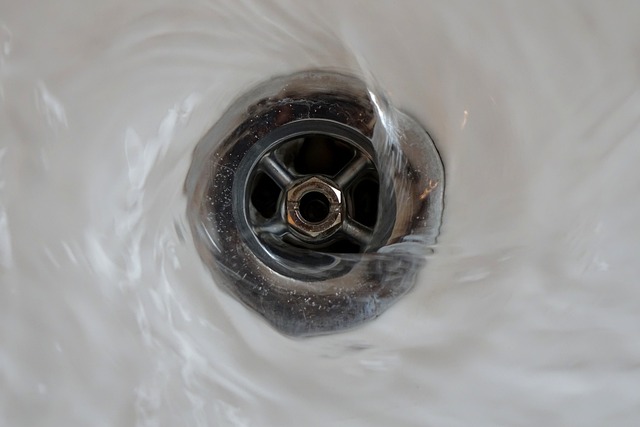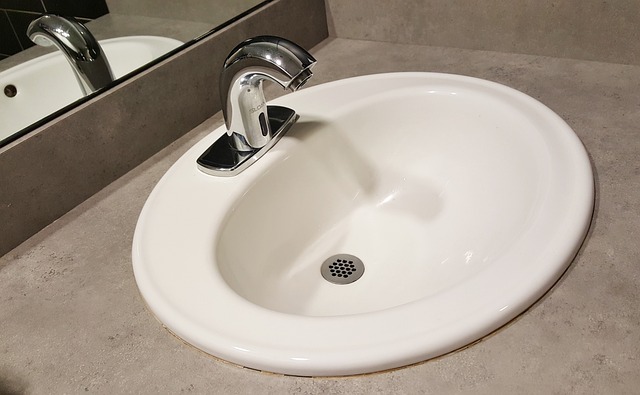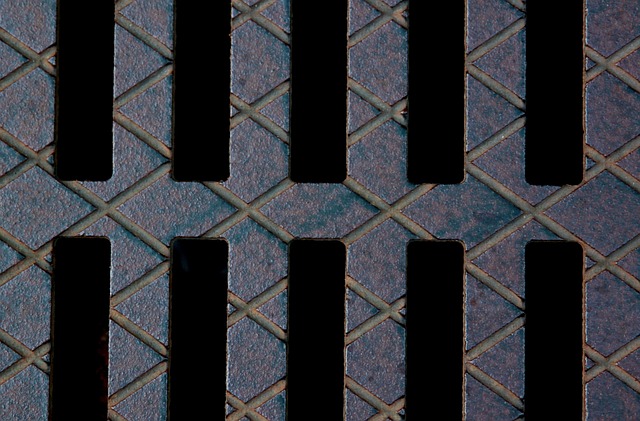Recognizing early signs of a clogged drain, like slow drainage, unusual smells, or discolored water, is vital for preventing plumbing disasters. Regular maintenance, including avoiding grease and using plungers or chemical cleaners for minor to moderate clogs, is crucial. Severe cases require professional plumbers with specialized equipment. Early identification of these Signs of a Clogged Drain helps avoid costly repairs and maintains home plumbing integrity.
Are you tired of unexpected drain disasters? Learn how to recognize subtle signs of a clogged drain before it becomes a plumbing nightmare. This comprehensive guide unravels common causes, from slow drains to persistent bad smells, empowering you to take action. Discover preventative measures and effective solutions to maintain smooth-running drains. By mastering these tips, you’ll avoid costly repairs and keep your home’s plumbing in top shape.
- Recognizing Signs of a Clogged Drain
- Common Causes and Risks of Drain Clogs
- Preventative Measures and Effective Solutions
Recognizing Signs of a Clogged Drain

If you’ve ever experienced a slow drain or a persistent bad smell coming from your sink, shower, or toilet, it’s likely you’ve encountered a clogged drain. Recognizing the signs early on is key to preventing potential disasters. One of the most obvious symptoms is water that drains slowly or not at all. This could be an indication of a partial clog or a complete blockage. Over time, this can lead to water backing up and potentially overflowing, causing damage to your plumbing and even your home.
Another common sign is an unusual smell, often described as a foul or septic odor. This is usually caused by organic matter like grease, food scraps, or hair building up in the pipes, creating a breeding ground for bacteria and gasses. Additionally, you might notice changes in the water’s color, such as a murky or discolored appearance, indicating a potential clog or blockage. Regular maintenance and cleaning can help prevent these issues, but being vigilant about these signs is crucial to addressing clogs before they become bigger problems.
Common Causes and Risks of Drain Clogs

Clogged drains are a common household issue, often caused by a buildup of grease, hair, and other debris. These accumulations can lead to slow-draining sinks, showers, or toilets—the telltale signs of a clogged drain. While some clogs may be harmless, others can cause significant damage if left unattended. Severe clogs might result in flooded basements, water damage to walls and flooring, or even structural issues over time.
Grease, soap scum, and food particles are frequent culprits behind these obstructions. Pouring grease down the drain is a popular but harmful practice that can quickly lead to clogs. Similarly, hair from grooming routines, along with household chemicals, can contribute to blockages. Recognizing the signs of a clogged drain early on, such as slow drainage or strange odors, can help prevent these risks and minimize potential damage to your home’s plumbing system.
Preventative Measures and Effective Solutions

Preventative Measures and Effective Solutions
Regular maintenance is key to preventing clogs from forming in your drains. Start by avoiding pouring grease, coffee grounds, or large food particles down the sink. These substances can solidify in pipes, leading to slow drains and potential clogs. Use hot water regularly to flush out any accumulated grease or debris. Consider installing drain covers or catchers to trap hair and other small items before they enter your pipes.
For existing clogs, there are several effective solutions. Try using a plunger for minor blockages. For tougher cases, chemical drain cleaners can dissolve hair and other common clogging materials. As a last resort, call in a professional plumber who can diagnose and clear more severe clogs using advanced tools like snakes or hydro-jetting services. Identifying Signs of a Clogged Drain early through these measures will help avoid costly repairs and minimize disruptions to your daily routine.
By recognizing the subtle signs of a clogged drain, such as slow drains or foul smells, you can take proactive measures to prevent costly damage. Understanding common causes and implementing preventative strategies like regular cleaning and proper waste disposal will go a long way in keeping your drains clear. With these simple steps, you’ll be equipped to handle potential clogs before they become disasters.
